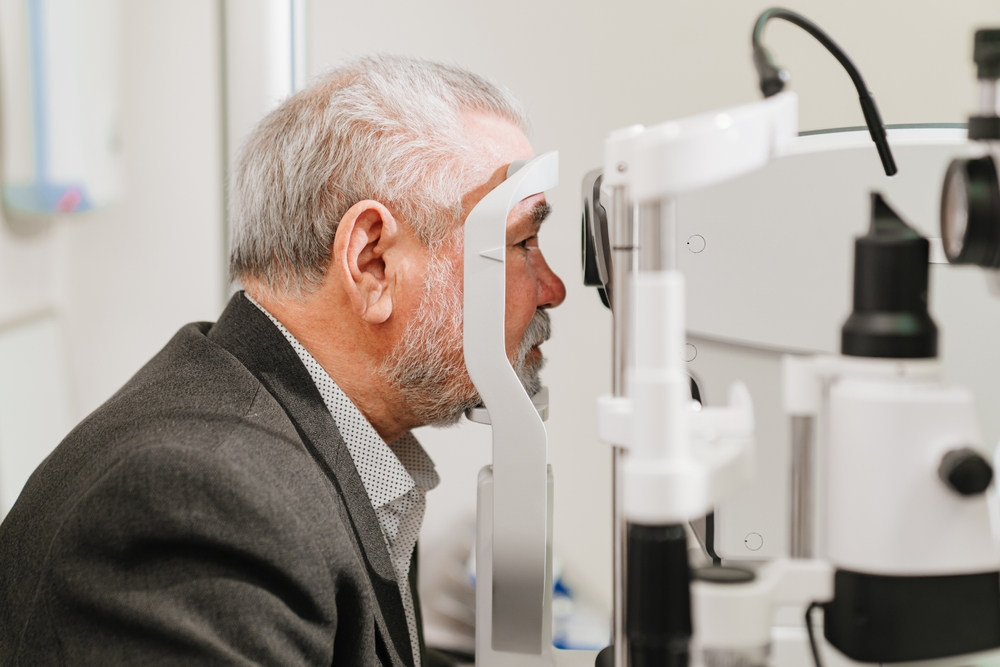
Refractive disorders are among the most common vision problems people experience. These conditions affect how light is focused in the eye, leading to blurred vision and other symptoms. Fortunately, refractive disorders can often be corrected through a variety of treatment options.
What Is a Refractive Disorder?
A refractive disorder occurs when the shape of the eye prevents light from focusing directly on the retina, the light-sensitive layer at the back of the eye. This results in blurry vision, as the light rays are improperly bent (or refracted) as they enter the eye.
Types of Refractive Disorders and Their Symptoms
Myopia is a condition where distant objects appear blurry, while near objects are seen clearly. It occurs when the eyeball is too long or the cornea is too curved, causing light to focus in front of the retina rather than on it.
Hyperopia causes nearby objects to appear blurry, while distant objects are seen more clearly. This happens when the eyeball is too short, or the cornea is too flat, making light focus behind the retina.
Astigmatism occurs when the cornea or lens has an irregular shape, leading to distorted or blurred vision at any distance. The irregularity causes light to scatter rather than focus directly on the retina.
Presbyopia is an age-related refractive disorder where the eye loses its ability to focus on nearby objects due to a gradual hardening of the lens. This condition typically becomes noticeable after age 40.
How Can Refractive Disorders Be Corrected?
Thankfully, there are several effective ways to correct refractive disorders, allowing people to enjoy clear vision once again.
Eyeglasses: The most common method of correcting refractive errors is with prescription eyeglasses. Different types of lenses are used to adjust how light enters the eye, allowing it to focus properly on the retina. Eyeglasses are a non-invasive and convenient option for many people.
Contact Lenses: Contact lenses work similarly to eyeglasses, but they sit directly on the surface of the eye. They provide clear vision without the need for frames and are available in various types, including soft lenses, rigid gas permeable lenses, and specialty lenses like toric lenses for astigmatism or multifocal lenses for presbyopia.
Refractive Surgery:For those looking for a more permanent solution, refractive surgeries like LASIK (Laser-Assisted In Situ Keratomileusis), PRK (Photorefractive Keratectomy), or SMILE (Small Incision Lenticule Extraction) can reshape the cornea to correct refractive errors. These procedures use lasers to precisely reshape the cornea, allowing light to focus properly on the retina.
Orthokeratology (Ortho-K): Ortho-K involves wearing specially designed rigid contact lenses overnight to temporarily reshape the cornea. This provides clear vision during the day without the need for glasses or contacts. It's commonly used for managing myopia progression in children.
Schedule Your Eye Exam with Appleseed Eyecare Today
Refractive disorders can significantly impact daily life, but the good news is they are highly treatable. Whether through glasses, contact lenses, or surgical options, Appleseed Eyecare can help you find the best solution to correct your refractive error and restore your vision.
Schedule your eye exam with Appleseed Eyecare to discuss your options for clear, comfortable vision. Visit our office in Fort Wayne or Syracuse, Indiana. Please call (260) 432-5502 or (574) 457-4476 to book an appointment today.











